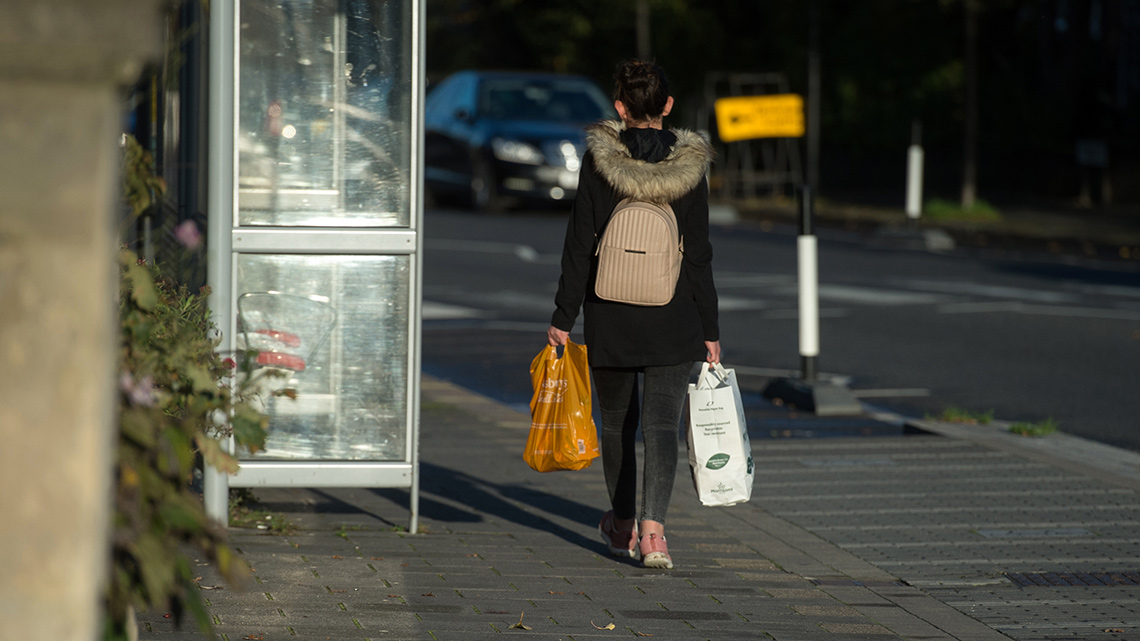Promoting the preferential option for the poor and ensuring that an economic environment exists in which families can flourish.

“Political parties, for their part, must promote those things which in their judgement are required for the common good; it is never allowable to give their interests priority over the common good.”
Gaudium et Spes, The Pastoral Constitution of the Church in the Modern World, adopted by the Second Vatican Council.
The Lord hears the cry of the poor!
Psalm 34
The cost-of-living crisis has hit many families hard. The price of basic necessities in recent years has risen at a far faster rate than the growth in earnings and welfare benefits. In addition, the level of taxation has risen, especially for families where one adult primarily works in the home caring for children or elderly relatives.
The cost-of-living crisis, like the Covid-19 pandemic before it, has revealed longer-term structural challenges and injustices. Even before the recent sharp rise in energy and food prices, nearly 10% of adults of working age and 7% of children lived in low-income households resulting in insufficient resources to buy the basics for a decent life. Poverty also affects peoples’ mental health and puts pressure on family members to increase working hours, thus damaging family life. A particular concern is the cost of housing. This especially affects young people, families, and those on low incomes.
There are aspects of this problem that cannot easily be controlled by government. The war in Ukraine led to a huge rise in the cost of fuel. There have also been financial implications due to the UK’s ageing population. And family breakdown creates problems that are often beyond the ability of government alone to manage. However, these pressures heighten, rather than lessen, the need for government to promote the preferential option for the poor and ensure that an economic environment exists in which families can flourish.
We stress the importance of political parties working to promote the common good of society as a whole. This includes government providing welfare support to those in need as well as promoting policies that help families and civil society groups thrive and build solidarity at every level in society.
These action points will help ensure that families are treated justly.
What are your candidate’s views?
You may want to consider these questions when speaking to candidates seeking election.
STATEMENT
The Social Justice Department of the Catholic Bishops of England and Wales released this statement on the Cost of Living Crisis in October 2023.
PAPAL ENCYCLICAL
Caritas in Veritate, encyclical letter of Pope Benedict XVI published in 2009.